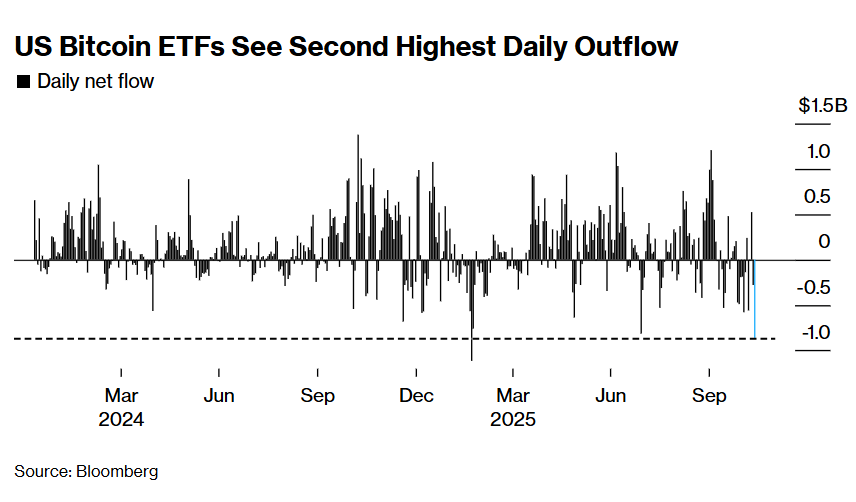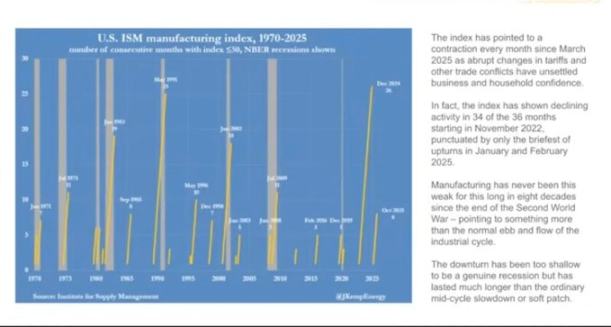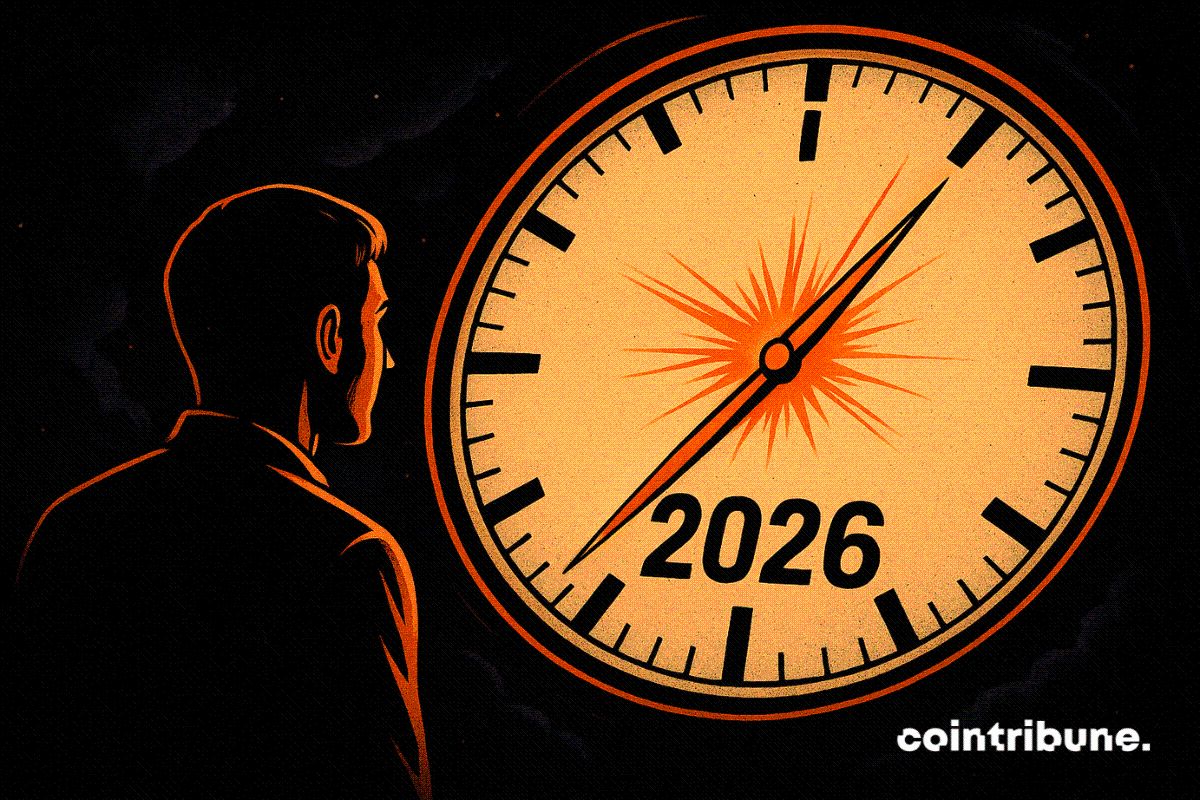DBS, J.P. Morgan Working to Build Cross-Bank Tokenized Deposits Framework
Financial institutions worldwide are steadily advancing efforts toward tokenization to simplify asset transfers and settlements. Reflecting this shift, Singapore’s DBS Bank and J.P. Morgan’s Kinexys are working together to establish an interoperability framework that allows tokenized deposits to move smoothly across their respective blockchain platforms.

In brief
- DBS Bank and J.P. Morgan are collaborating to develop a framework that allows tokenized deposits to move seamlessly across their blockchain platforms.
- In the proposed system a J.P. Morgan client could send tokenized deposits on the Base blockchain to a DBS customer, who would receive the same value through DBS Token Services.
Enabling Seamless Cross-Bank Token Transactions
The planned system aims to facilitate the transfer and completion of tokenized deposit transactions on public and permissioned blockchains, setting a benchmark for cross-platform interoperability. Each bank currently offers clients around-the-clock liquidity and instant payment settlements within its own blockchain environment. This collaboration seeks to extend those services, linking both institutions through interoperable channels that will allow cross-bank on-chain transactions between different blockchain networks.
Under the proposed setup , a J.P. Morgan client could transfer J.P. Morgan Deposit Tokens (JPMD) via the Base public blockchain to a DBS customer. The DBS account holder would then receive the same value through DBS Token Services, maintaining parity of tokenized deposits across both platforms. This approach supports consistency and trust within a multi-chain financial system.
Collaboration for Reliable Tokenized Assets
Naveen Mallela, Global Co-Head of Kinexys at J.P. Morgan, stated that the initiative reflects the company’s focus on developing advanced financial infrastructure through collaboration and expertise. He added that “working with DBS on this initiative is a clear example of how financial institutions can collaborate to further the benefits of tokenised deposits for institutional clients while protecting the singleness of money and ensuring interoperability across markets.”
Building on this point, Rachel Chew, Group Chief Operating Officer and Head of Digital Currencies at DBS Bank, emphasized that as digital assets gain traction, interoperability is vital to reduce market divisions and allow the safe movement of tokenized funds across different systems, ensuring their full value is preserved.
Global Momentum for Tokenized Deposits
The collaboration between DBS and J.P. Morgan is part of a wider industry shift toward blockchain-based deposits. In the United Kingdom, several major banks—including Barclays, Lloyds, and HSBC—are participating in a live pilot of tokenized sterling deposits. This project, scheduled to continue until mid-2026 , aims to demonstrate the practical advantages that tokenized deposits can deliver to individuals, organizations, and the overall UK market.
The movement is also reflected in international research. Based on a 2024 study by the Bank for International Settlements (BIS), around one-third of commercial banks in the regions surveyed have initiated, tested, or explored the use of tokenized deposits.
In a related move, the Bank of New York Mellon was reported in October to be assessing tokenized deposits as part of its efforts to enable payments through blockchain networks. This development shows the continued commitment of global financial intermediaries to expand on-chain settlement and bring blockchain technology into regular banking operations.
Disclaimer: The content of this article solely reflects the author's opinion and does not represent the platform in any capacity. This article is not intended to serve as a reference for making investment decisions.
You may also like
As economic cracks deepen, bitcoin may become the next liquidity "release valve"
The US economy is showing a divided state, with financial markets booming while the real economy is declining. The manufacturing PMI continues to contract, yet the stock market is rising due to concentrated profits in technology and financial companies, resulting in balance sheet inflation. Monetary policy struggles to benefit the real economy, and fiscal policy faces difficulties. The market structure leads to low capital efficiency, widening the gap between rich and poor and increasing social discontent. Cryptocurrency is seen as a relief valve, offering open financial opportunities. The economic cycle oscillates between policy adjustments and market reactions, lacking substantial recovery. Summary generated by Mars AI. The accuracy and completeness of this summary are still being iteratively updated by the Mars AI model.

The wave of cryptocurrency liquidations continues! US Bitcoin ETF sees second highest single-day outflow in history
Due to the reassessment of Federal Reserve rate cut expectations and the fading rebound of the U.S. stock market, the crypto market continues to experience liquidations, with significant ETF capital outflows and options traders increasing bets on volatility. Institutions warn that technical support for bitcoin above $90,000 is weak.

When traditional financial markets fail, will the crypto industry become a "pressure relief valve" for liquidity?
As long as the system continues to recycle debt into asset bubbles, we will not see a true recovery—only a slow stagnation masked by rising nominal figures.

A Quiet End to 2025 Could Prime Crypto for a 2026 Breakout, Analysts Say

